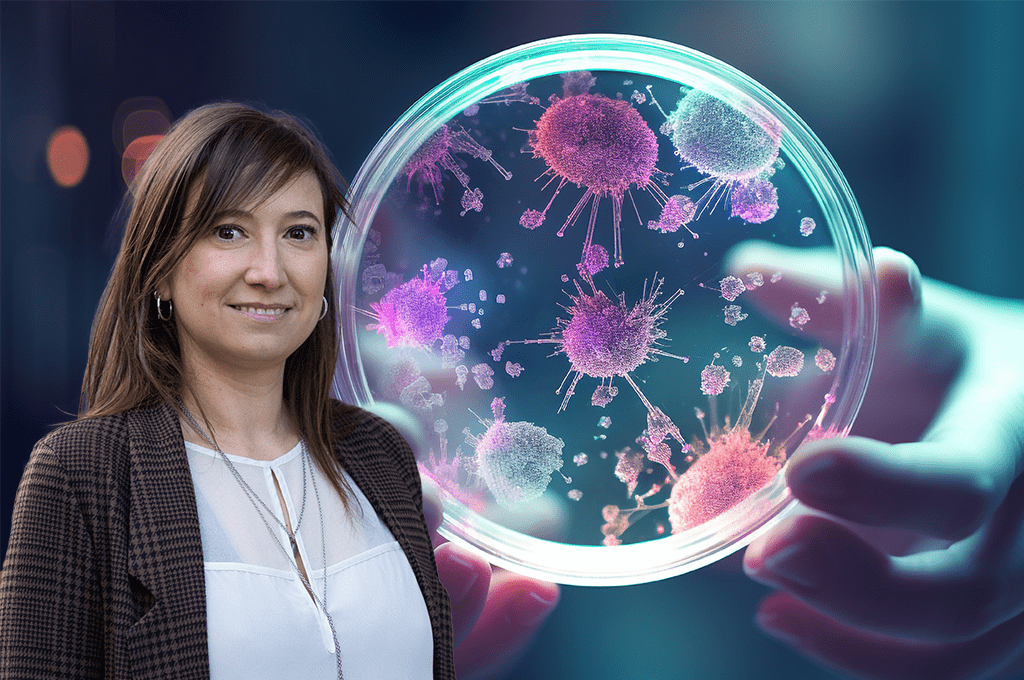Innovative spatial metaTranscriptomics method developed at SciLifeLab
In a significant development at the intersection of genomics and microbiome research, researchers from SciLifeLab’s Stefania Giacomello group have introduced an innovative method known as Spatial metaTranscriptomics (SmT). This method builds upon the foundational Spatial Transcriptomics technology, initially developed at SciLifeLab and Kungliga Tekniska Högskolan (KTH).
Researchers from SciLifeLab’s Stefania Giacomello group have introduced a method called Spatial metaTranscriptomics (SmT), building upon the Spatial Transcriptomics technology developed at SciLifeLab and Kungliga Tekniska Högskolan. SmT enables simultaneous spatial quantification of the microbiome (bacteria and fungi) and the host’s whole transcriptome within tissue sections.
Published in the scientific journal Nature Biotechnology, this innovation is valuable for researchers in animal and plant fields. It offers a unique opportunity to investigate the impact of microbiome composition on host gene expression or to identify specific areas within tissues predominantly affected by particular bacteria or fungi.
Group leader Stefania Giacomello says, “Microbiome research is expanding fast, and with our method, we can bring a new level of information, the spatial one, to the role of the microbiome in infectious and inflammatory processes. Being able to visualize and quantify the presence of bacteria and fungi within tissue sections alongside the host’s response is a key advancement compared to existing technology.”
Access to this technology provides answers to critical questions surrounding the microbiome’s importance in various biological processes. Traditional microbiome research involves sequencing ground samples, identifying the microbial organisms present, but lacking spatial information. SmT, on the other hand, enables precise spatial mapping, such as pinpointing specific bacterial or fungal targets within host cells during infections.
This capability promises more refined drug and pesticide development for combating infections caused by bacteria and fungi in animals and plants.
The research is the result of a collaboration with Prof. Detlef Weigel’s group at the Max Planck Institute in Tübingen, where SciLifeLab’s technological expertise merged with microbiome knowledge.
“I am very excited about all the possibilities our method opens up. Our method can help solve numerous biological questions across the animal and plant kingdoms, providing tools for a sustainable future and a better understanding of crops and disease states.”, says Sami Saarenpää, a PhD student in the Giacomello research group who has been working on the development of the method.





